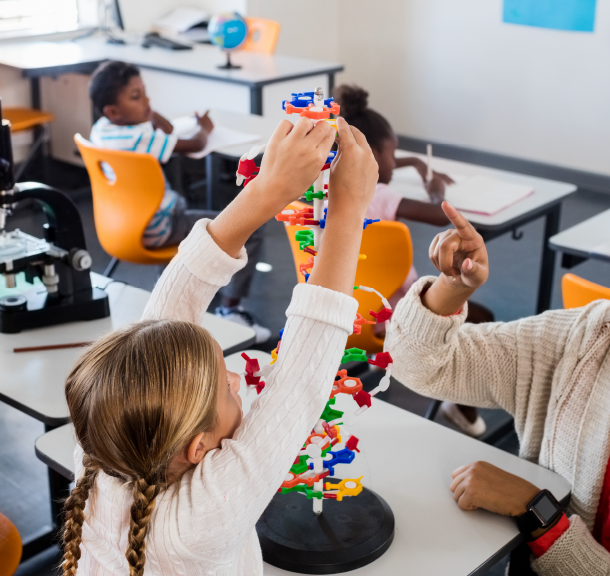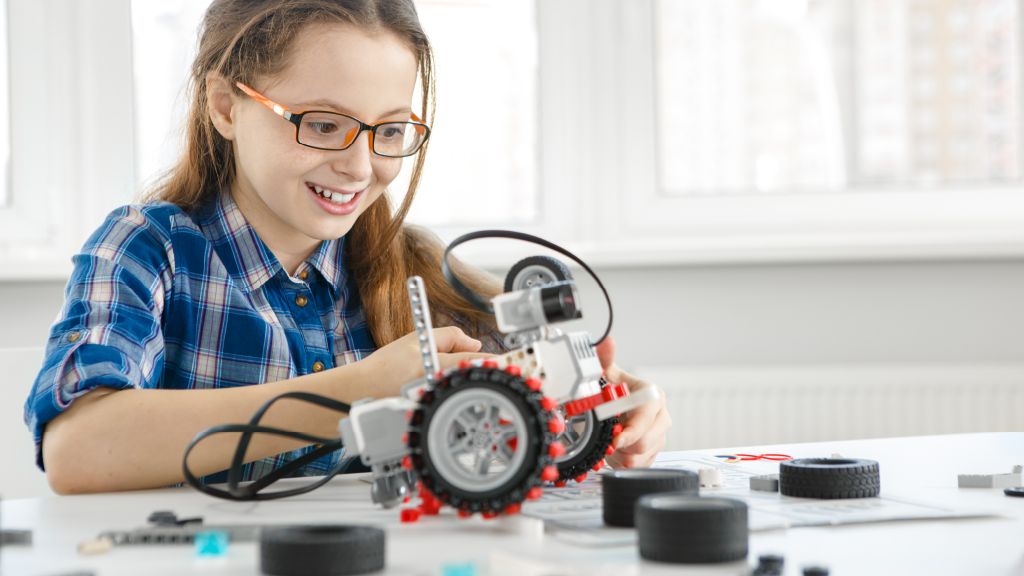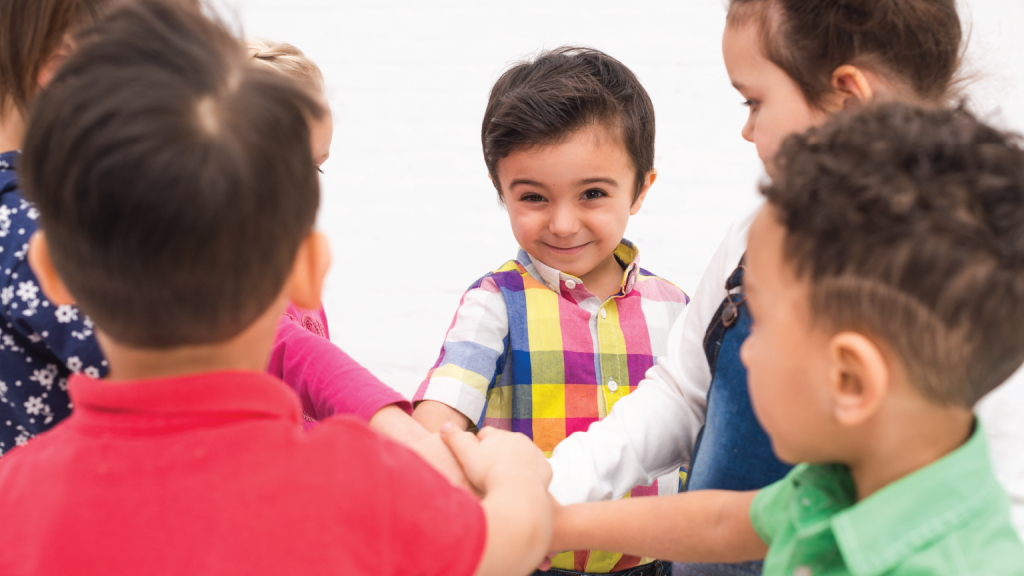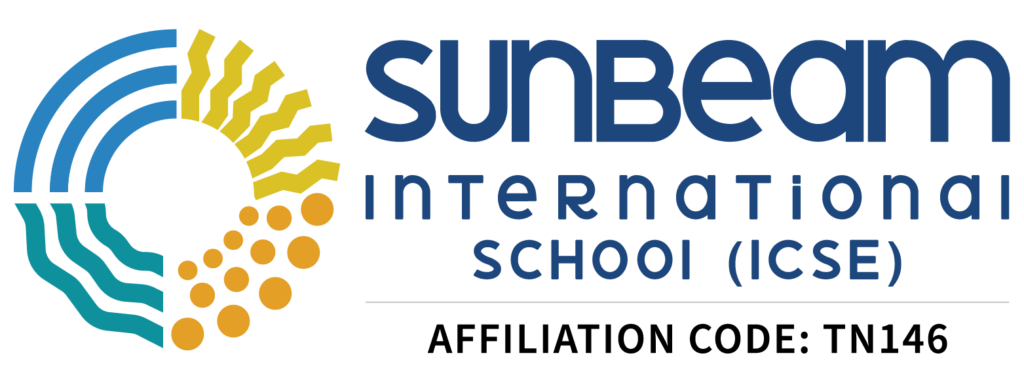
Cultivating 21st-Century Skills: A Holistic Approach to K-12 Student Development

Education in the 21st century demands more than just the transfer of information; it requires nurturing a comprehensive skill set that empowers students to navigate an ever-changing world. Beyond academic process, K-12 students need critical thinking, creativity, collaboration, adaptability, communication, and digital literacy—the essential 21st-century skills.
Educators hold the key to fostering these skills by adopting a holistic approach. Encouraging problem-solving through project-based learning, fostering creativity through arts and innovation, and promoting teamwork through collaborative projects are fundamental strategies. Embracing real-world experiences, integrating technology into lessons, and encouraging diverse perspectives further enriches this approach.

A holistic education nurtures well-rounded individuals capable of tackling challenges with resilience and innovation. It prepares students not just for exams but for life, equipping them with the skills needed to thrive in a globalized, technology-driven society.
By prioritizing this holistic development, educators empower students to become agile thinkers, empathetic leaders, and lifelong learners. Through this approach, K-12 education becomes a catalyst for fostering individuals ready to shape and positively impact the world they inhabit.



